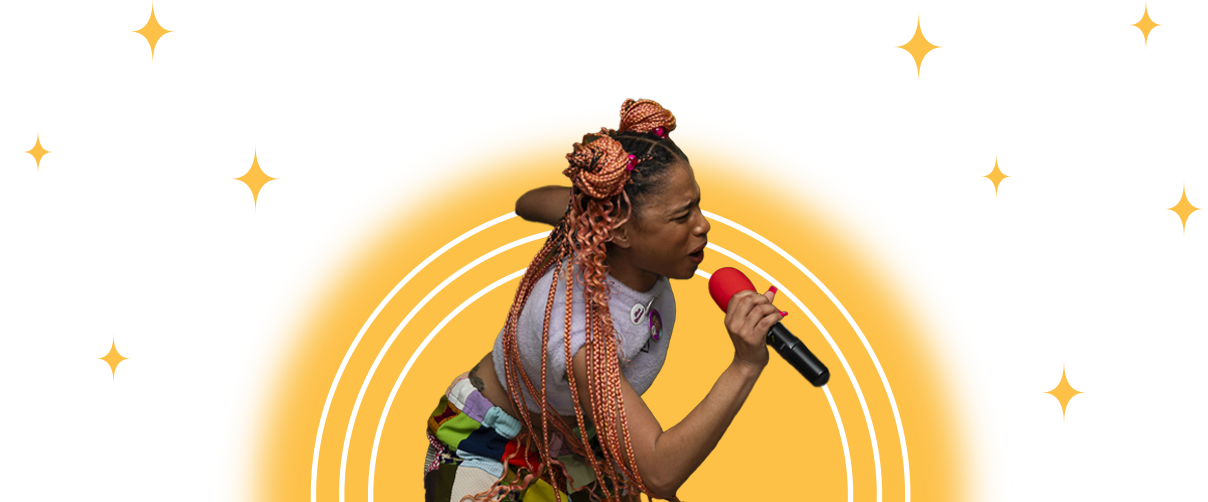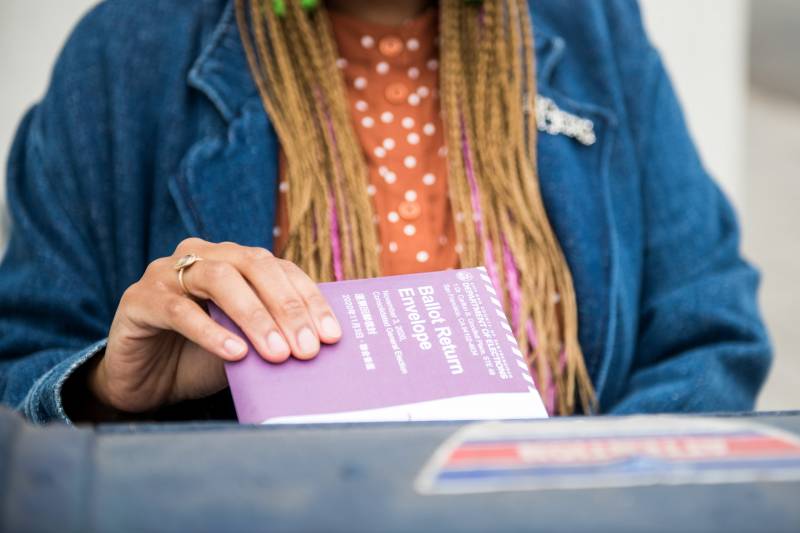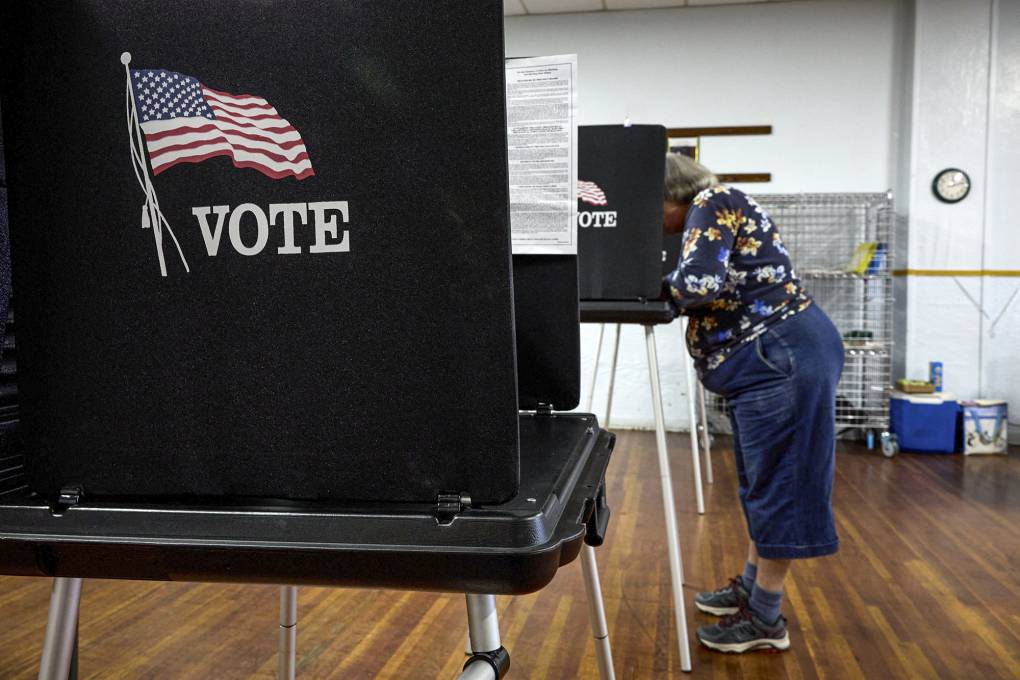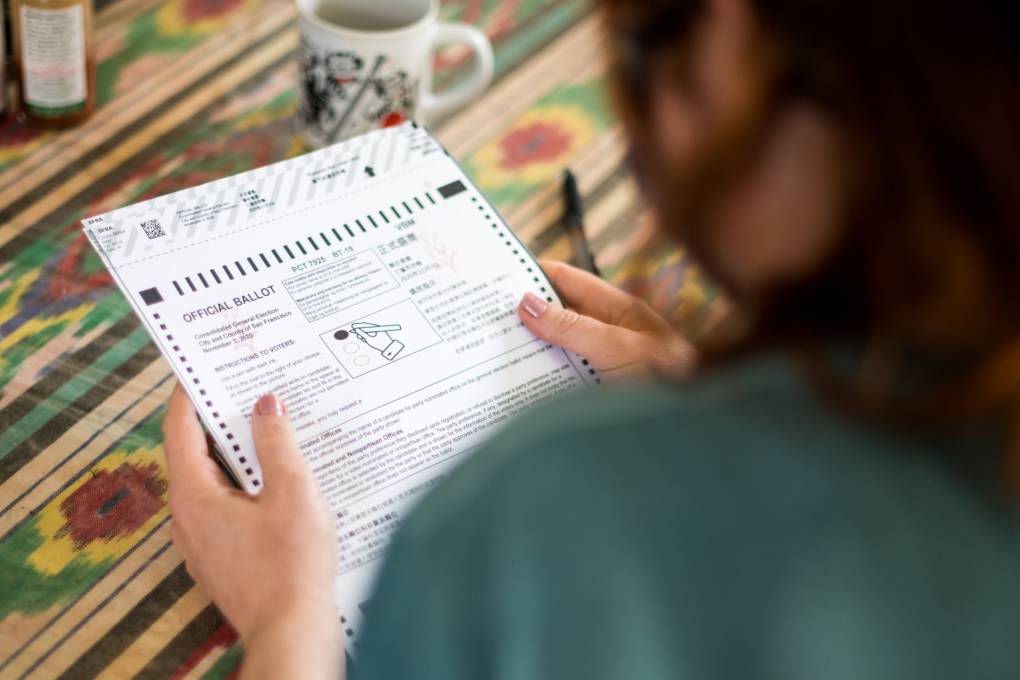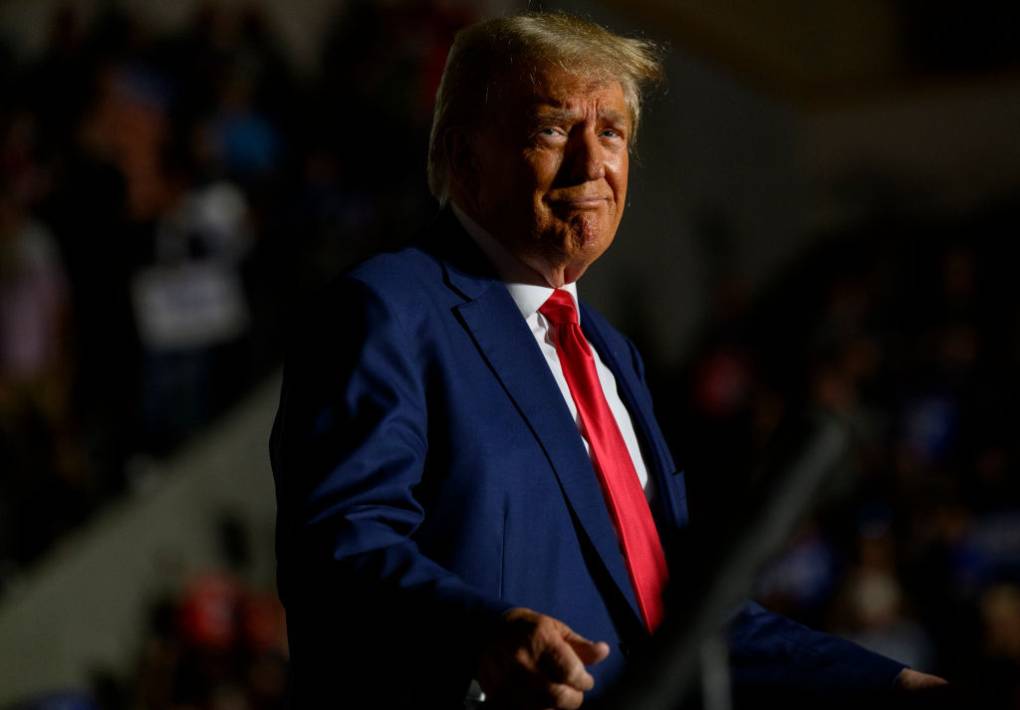The difference? They aren’t just calling voters who have voted in the past — they’re also reaching out to people they hope will vote for the first time.
“I've worked on many campaigns,” said Tina McKinnor, the group’s director of civic engagement. Traditionally, she said, those campaigns “call the folks that voted in the last three to five elections because, you know, marketing. If you go by marketing, those are the people who vote. So that's where you put your money.”
Instead, her group — which is funded by the statewide California Donor Table — is making a point this year to reach out to people who didn’t vote in years past, and to have people who live in those communities do that outreach. She’s hoping it will be a “gamechanger.”
“We've hired about 100 phone bankers,” McKinnor said. “Most of these phone bankers are previously incarcerated folks. These are some of the best phone bankers that I've ever worked with because they're passionate.”
McKinnor, a former legislative staffer who has worked on state and national races, said the effort seems to be working.
That type of targeting could make a big difference, agreed Paul Mitchell, vice president of the voter data company Political Data Inc., which works with both Republicans and Democrats.
But based on who’s turned in their ballots so far, the electorate doesn’t look that different than it has in years past, he said.
“We're seeing a lot of the same people that we expected to vote just vote earlier. It's still an open question as to whether or not these unlikely voters are going to make it to the polls,” he said, noting that seniors are outpacing other age groups in early ballots returns, and that Latino voters are underrepresented among those who have already voted.
But, Mitchell said, this early voting provides groups like L.A. Voice Action a real opportunity to “cost-effectively turn out their voters,” by using targeted messaging to communicate with less likely voters in the final days through means such as text messages and digital ads — and ignore those who have already cast their ballots.
“It essentially takes a bunch of voters off of the playing field and allows them to focus more intently on those voters who might be lower turnout,” he said. “Any campaign would want to have those votes in the bank so that ... your resources can be used a lot more effectively.”
Groups like L.A. Voice Action and others funded by the California Donor Table need to carefully target voters, because they’re not only focusing on races between Republicans and Democrats.
Local races, for example, are often nonpartisan, said Ludovic Blain, executive director of California Donor Table, while California’s top-two voting system can pit candidates of the same party against one another in the general election.
“It's very hard to be an informed voter in California,” he said, “unlike in other places where you might be able to use identity and party ID as a shorthand for who is the most progressive candidate.”

